
I proudly serve as an officer in the United States armed forces, the only military superpower in the world. One of the reasons I chose to serve my country in this way is because of the lessons I learned in my childhood youth group called Tzivos Hashem. And it is the girls and boys of Tzivos Hashem around the world who inspire me to serve my country with increased strength and spiritual resilience.
Founded in 1980 by the Lubavitcher Rebbe, Menachem Mendel Schneerson, Tzivos Hashem (literally “Army of God”) is a youth group for children under bat or bar mitzvah age that focuses on the education and cultivation of Torah values. From its headquarters in the small Chabad enclave of Brooklyn, N.Y., Tzivos Hashem has spearheaded an international network of projects that range from children’s literature, sports leagues and Jewish education in cyberspace serving orphanages, food pantries and museums.
For those familiar with the Chabad movement, the extraordinary outreach of this youth group isn’t surprising. As award-winning journalist Sue Fishkoff details in her behind-the-scenes ethnographic profile “ The Rebbe’s Army,” the Chabad Chassidic story is a phenomenon of startling transformation. In the 1940s, they barely could assemble a minyan in “770” (770 Eastern Parkway), their central synagogue. Today, they have built a multibillion dollar empire with approximately 5,800 centers around the world. How did they do it? Fishkoff credits their success to the core tenets of their religious philosophy. “It is about trusting,” she told the Monterey County Weekly in 2013. “About doing right by your fellow [human], about self-discipline, and about being called to action.”
For those who have served in the military, this creed might sound familiar. No matter the branch of service, these values seem interwoven into the red, white and blue fabric of our nation’s military ethos. This is why the Rebbe designed this youth group to intricately parallel a military framework — not for the glorification of violence or war but because the resilient morale of a warrior depends upon the moral nobility of her values.
The Rebbe didn’t belittle the grandeur of the moral battles that children engage with on a daily basis. On the contrary, he believed that it was children — unsullied by the bigotry and deceit of the adult world — who can become the apotheosis of human morality. As third century talmudic sage Reish Lakish taught in the name of Rabbi Yehudah Nesiah, “The world only exists because of the breath [reciting Torah] of schoolchildren” (Talmud, Shabbat 119b).
The Rebbe believed that it was children — unsullied by the bigotry and deceit of the adult world — who can become the apotheosis of human morality.
Because of the technological advancement of modern times, the most powerful weapons today are often not the biggest but the smallest. So too, the nuclear seeds of morality that a child develops in their youth later can blossom into weapons of mass spiritual construction. As beloved American icon Fred Rogers said, “Human beings are not born with self-control. We have to learn what to do with the mad that we feel. Learning to control ourselves is a long, hard process. It happens little by little. In fact, it is something we work on all through our lives.” Or, as King Solomon emphatically highlighted, “Develop a child according to his way; even when he grows old, he will not turn away from it” (Proverbs 22:6).
The girls and boys who join Tzivos Hashem commit themselves to the mission of conquering the most powerful enemy: the enemy within. The metric of victory against this yetzer horah (evil inclination) is the realization of peace and purity in one’s thoughts, speech and actions. As Rabbi Shimmy Weinbaum, program director for TzivosHashem.org, once said, “This is not a children’s club … in the words of our general, the Rebbe: ‘Soldiers must realize that this is not a game. We belong to an army, established by Hashem, that depends on us for victory.’ ”
Hence, the name “Tzivos Hashem” is derived from the verse in Exodus 7:4 ascribing the children of Israel as “Tzivosai” — “My battalions.” Empowering children with a higher purpose — a battle for dominion over their souls — is the panacea against the descent into moral regression by flipping the script from “Lord of the Flies” to flying high unto the Lord. When God called the children of Israel “Tzivosai,” they were newly emancipated slaves. They had spent centuries being dehumanized and made to feel less than. They now had to fly high from these depths to actualize who they really were: a kingdom of priests, a holy nation, a light unto the world.
Unfortunately, children are sometimes also made to feel “less than.” But the rabbis teach that the Holy One gave the Torah only to the Israelites on the basis that children would be the guarantors of His wisdom. (Shir HaShirim Rabbah 1:23 on the verse, Shir HaShirim1:4): “Draw me; after you, we will run.”) Each child also can be a superpower of goodness and kindness who transforms what some think is a societal jungle predicated upon survival of the fittest into a veritable Garden of Eden with peace and harmony for all. As the Rebbe said after World War II, “One individual had brought the world to the brink of destruction, but for the mercies of the Master of the Universe, who ordained that ‘the earth shall stand firm and not fall.’ Such is the power of a single human to do evil. A thousand times over is the power of each one of us to do good.”
The commander-in-chief of Tzivos Hashem is the Creator. Its military manual is the Torah. The weapons deployed are Torah, prayer and good deeds. Their creed is the “12 Pesukim.” The Rebbe personally helped design the military-style Tzivos Hashem logo of red, blue and yellow Hebrew lettering complemented by a gold ribbon at the bottom with its motto, “We Want Moshiach Now.” The children who join have daily, weekly and monthly “mitzvah campaigns.” As they complete certain missions, they advance in rank all the way to five-star general. There are monthly rallies, annual military-style parades, and commendations and medals awarded for exceptional performance and training completed.
Recently, I completed a course of training as part of my duty as an Air Force chaplain. One of my instructors, Lt. Col. Brannon Bowman, taught me that what truly unites our states isn’t only ensuring a culture of tolerance but one of mutual respect. When he said that, I thought of the girls and boys of Tzivos Hashem. Spread around the world, they are racially, culturally and ethnically diverse. Yet, they are united by a shared purpose, a mission to fly, fight and win the war against internal and external exile and spiritual subjugation. They wear their “Kabbalot Ol” — total commitment to the Creator’s chain of command — like a shiny medal on a uniform, with pride and distinction. Their respect for their fellow chayalim (warriors) inspires me to remember that no matter how different one is from another — whether because of rank, politics or anything else — we all are needed for the sake of the mission.
During my training, I also had the honor of speaking with Maj. Gen Steven A. Schaick, chief of chaplains for the United States Air Force. I asked him for the secret to his success. He replied by teaching me that the way to achieve career success — in the military or as a civilian — is not to focus on the rank, title or position. Rather, focus on the mission at hand and the people being served. This reminded me of a Chassidic teaching which I recently referenced in an article titled, “10 Chassidic Ideas That (If Applied) Will Change You Into a Better Person” (on chabad.org), in which the Alter Rebbe advised someone seeking financial success to stop thinking about what they needed and instead think about what they were needed for.
I believe the children of Tzivos Hashem embody this trait. After all, none of them are paid or drafted. They are a worldwide army of volunteers, seeking recruits from all walks of life. Their recruiting pitch is as simple as it is effective. They look into the eyes of their fellow children and say, “You matter. You can do it. Together, we can be a superpower of goodness that changes the world.” As King David sang in Psalm 8:2: “From the mouths of [young children], You (HaShem) established strength to silence the enemy and the avenger.”
So, to all the girls and boys of Tzivos Hashem — and to their parents and guardians — I want you to know that you inspire me to be a better U.S. Air Force officer. I want you to know that our world needs people like you. And I want you to know that I salute you.
Levi Welton serves as a chaplain with the United States Air Force.
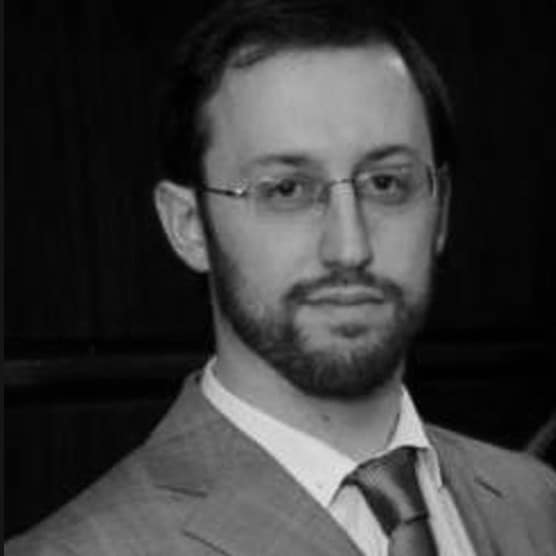







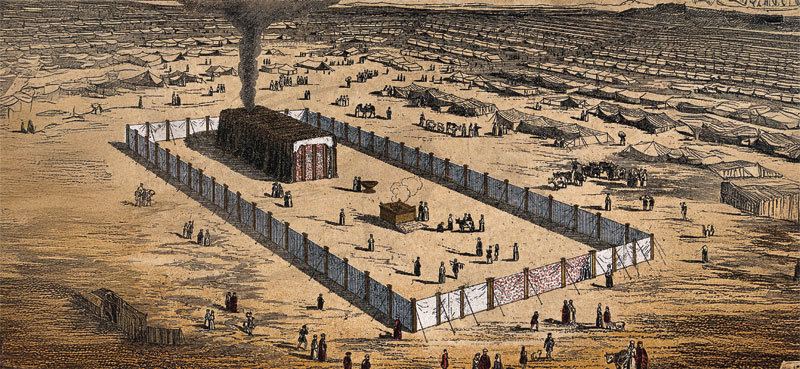
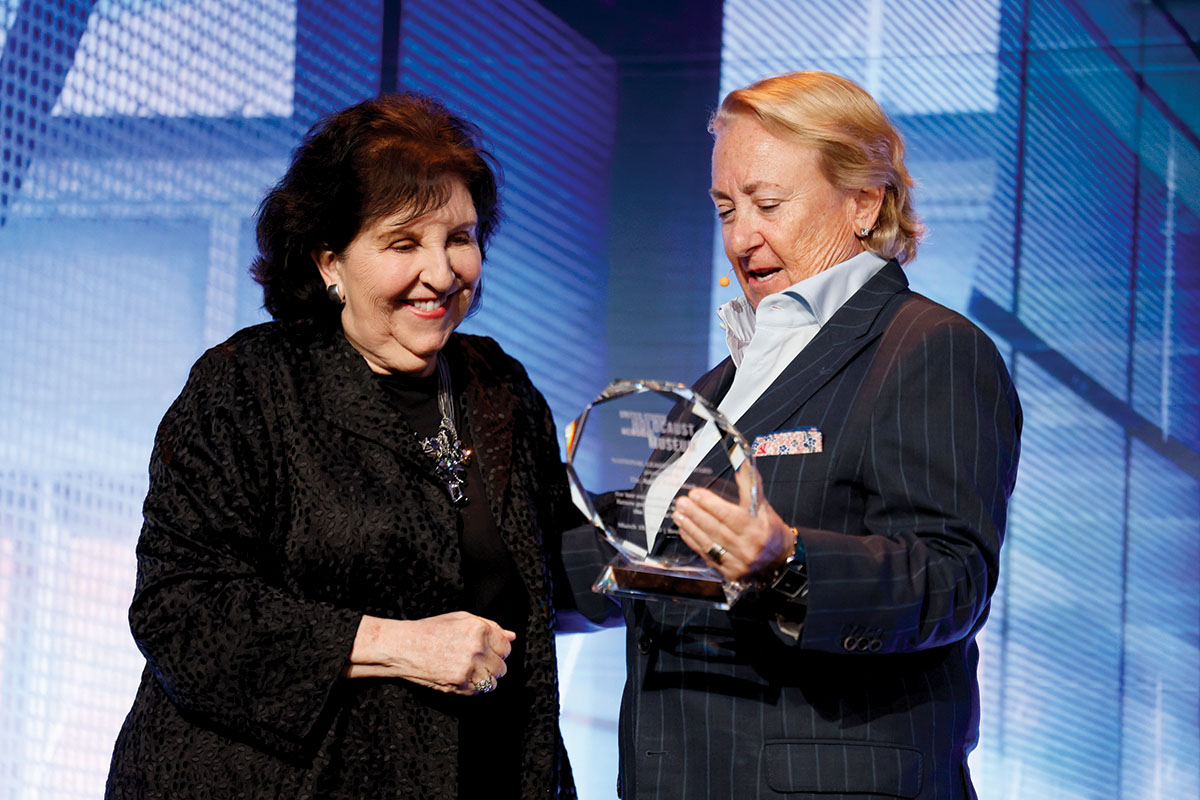


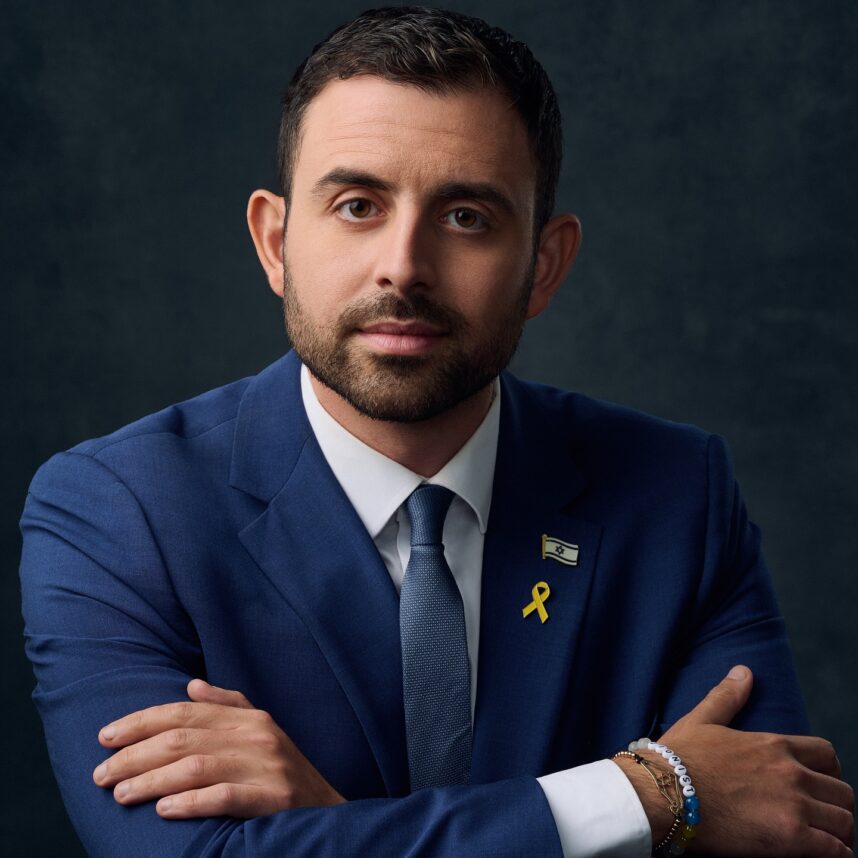


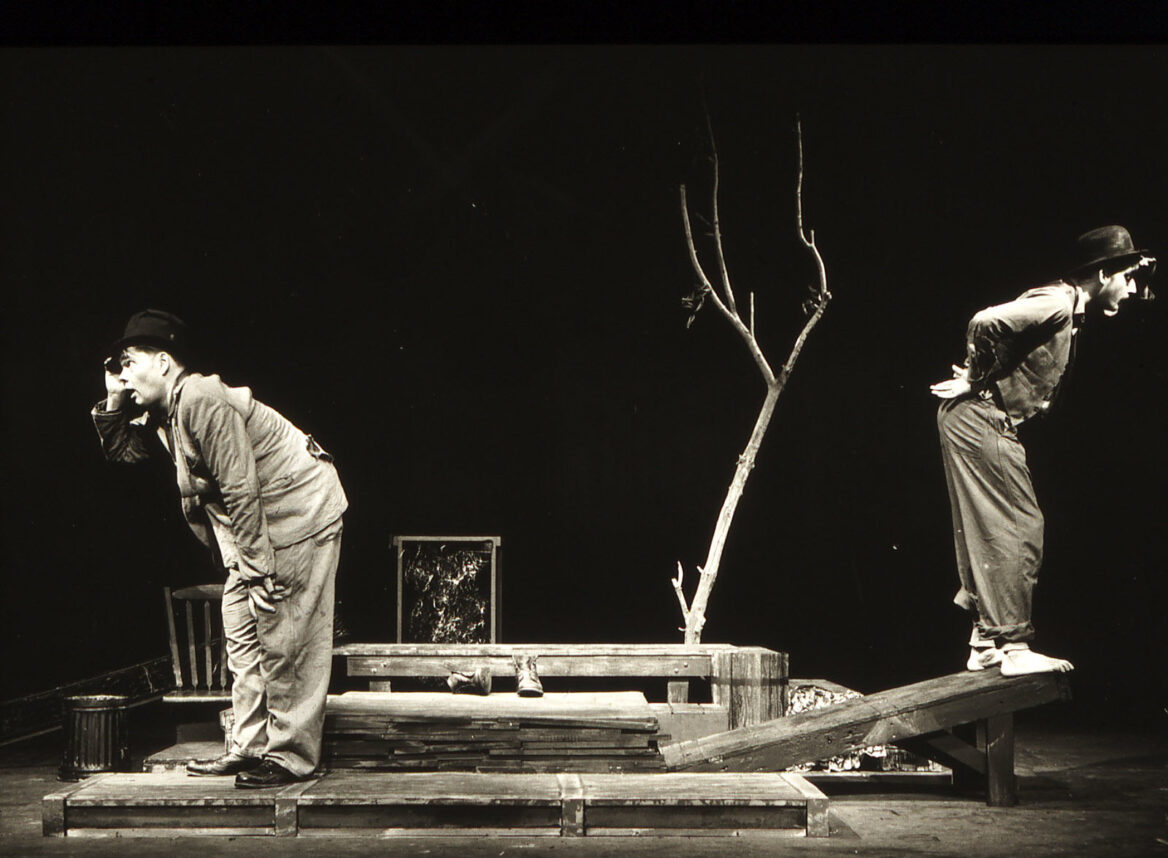







 More news and opinions than at a Shabbat dinner, right in your inbox.
More news and opinions than at a Shabbat dinner, right in your inbox.